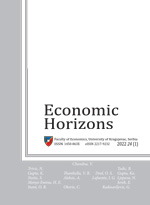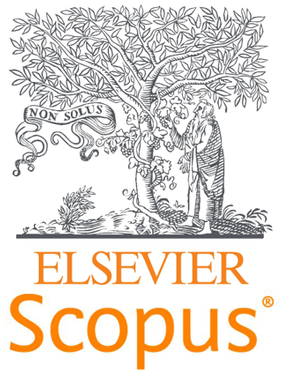INTEREST RATE AND EXCHANGE RATE VOLATILITY AND THE PERFORMANCE OF THE NIGERIAN INFORMAL SECTOR: EVIDENCE FROM SMALL AND MEDIUM-SIZED ENTERPRISES
Henry Osahon Osazevbaru
Department of Business Administration, Faculty of the Social Sciences, Delta State University, Abraka, Nigeria
This paper investigates the joint impact of interest rate and exchange rate volatility on the performance of the informal sector in Nigeria, focusing on Small and Medium-sized Enterprises (SMEs). The annual time-series data on the exchange and interest rates for the period 1981-2018 were obtained from where exchange and interest rates volatility data were computed. The data analysis was carried out using descriptive statistics, correlation, a unit root test, an Autoregressive Distributed Lag (ARDL) bound test for cointegration and the ARCH regression model. The results obtained by the ARDL bound test confirmed the presence of the long-term relationship between interest and exchange rates volatility and SMEs’ performance, which suggests that all the variables of interest move together in the long run. Moreover, the ARCH regression model showed a positive impact of exchange and interest rates volatility on SMEs’ performance. However, only exchange rate volatility was significant. Thus, policy makers should pursue the interest rate and exchange rate regimes that will encourage massive investments in SMEs. This, in turn, would increase the performance of SMEs. Also, the monetary authorities should implement the policies aimed at curtailing incessant volatility in the exchange rate and the interest rate so as to protect SMEs from the external perturbations of the movements of the exchange rate and the interest rate.
Keywords: cointegration, exchange rate regimes, foreign exchange, macroeconomic policies, monetarism, structural adjustment program
JEL Classification: O17, C22, E52




